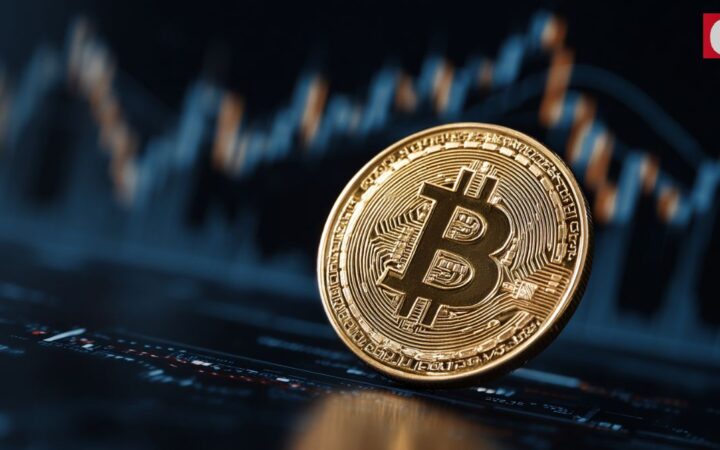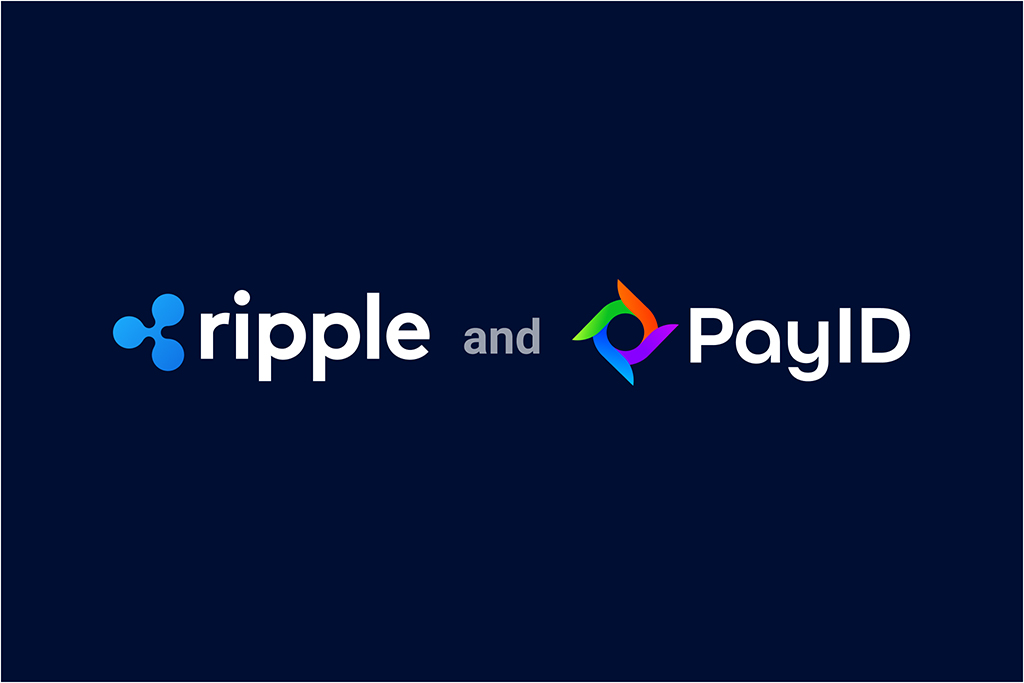
Blockchain Technology Is Helping Online Retail Rise to New Heights
Modern retail is becoming more and more digital, as the share of purchases made through online platforms grows days after day, with the leading online stores bringing in more revenue than traditional retail chains. For example, the combined market caps of the two largest American retailers, Walmart and Target, still fall over $100 billion short of online giants like Alibaba and Amazon (according to NASDAQ).
However, despite all the advantages of online retail, it retains many of the substantive shortcomings of traditional retailers. That includes limited choice, high commissions for the platforms as middlemen, and the manufacturers’ and buyers’ dependence on sellers.
In this kind of situation, small manufacturers of unique goods face the brunt of it. They find themselves between a rock and a hard place: on one hand, they don’t have enough resources and capacity to compete with the major vendors, while on the other, these private manufacturers’ products lose out to low-quality, significantly cheaper imitations that can be found in huge quantities on AliExpress.
For many startup owners and novice vendors, business wraps up after the very first batch of products, even if they were successful in their crowdfunding campaign.
They have no strength, no time, and no money left to develop their production. If, on the other hand, manufacturers choose to redistribute resources in favor of marketing and promoting their product on the market, they often lose ground in its quality.
For buyers this state of affairs is also unfavorable. First and foremost, they are forced to choose from only what the retail platforms see fit to offer. It can be quite difficult to find an exclusive product under such circumstances. Buyers are also forced to accept the retailers’ markup, which can go as high as 300%.
Thanks to blockchain, this long-standing problem can now be solved: blockchain makes it possible to create a retail platform that directly connects manufacturers with buyers and frees them from the pressures of the middleman networks. The transition to online retail was truly a revolution, and blockchain could make another such revolution happen.
“We are now seeing a real boom in development and innovation: to get a sense of the scale, just take a look at Kickstarter, where new projects are being posted every day. But sooner or later almost all of them hit a wall that they can’t break through, by which I mean scaling up their business and setting up sales channels. This is how many excellent ideas with huge potential fall through: they simply can’t compete at the same time with low-cost fakes and with the major vendors. This is why a blockchain-based marketplace is the solution the market needs to survive,” says Denis Bulavin, CEO of Hamster Marketplace.
A decentralized marketplace would allow any manufacturer to find their buyer. At the same time, the vendor does not have to worry about setting up a payment and delivery system, because those functions are carried out by the platform.
The use of smart contracts and an identity verification system solves the key problem of trust between sellers and buyers. For consumers, a blockchain-based retail platform opens access to a wide variety of unique products that they would never see in a typical online store. Plus, the absence of a middleman allows for goods to be sold at reasonable, not marked-up prices.
“As we move further along into 2018, we’ll not only see more innovative applications of blockchain, we’ll see increasingly efficient use of existing blockchain systems. Blockchain is already being used to track products through the entire supply chain. Small improvements in this system will allow us to do ground-breaking things: micro-target ads to specific consumers, offer nuanced payment systems for royalty, referral and affiliate programs, and eliminating counterfeiting through blockchain’s ability to immutably record content and meta data,” notes Cat Song, New Dawn Fund CIO and ExsulCoin co-founder.
You can hear about other blockchain solutions in the retail sector and how they can improve business processes from leading experts in blockchain and e-commerce at the Hamster Marketplace meetup in New York on February 13. Meetup attendees will be able to speak with key experts in online retail and get professional advice on how to use blockchain to their business’s benefit.
Disclaimer: This publication is sponsored. Coinspeaker does not endorse or assume responsibility for the content, accuracy, quality, advertising, products, or other materials on this web page. Readers are advised to conduct their own research before engaging with any company mentioned. Please note that the featured information is not intended as, and shall not be understood or construed as legal, tax, investment, financial, or other advice. Nothing contained on this web page constitutes a solicitation, recommendation, endorsement, or offer by Coinspeaker or any third party service provider to buy or sell any cryptoassets or other financial instruments. Crypto assets are a high-risk investment. You should consider whether you understand the possibility of losing money due to leverage. None of the material should be considered as investment advice. Coinspeaker shall not be held liable, directly or indirectly, for any damages or losses arising from the use or reliance on any content, goods, or services featured on this web page.




